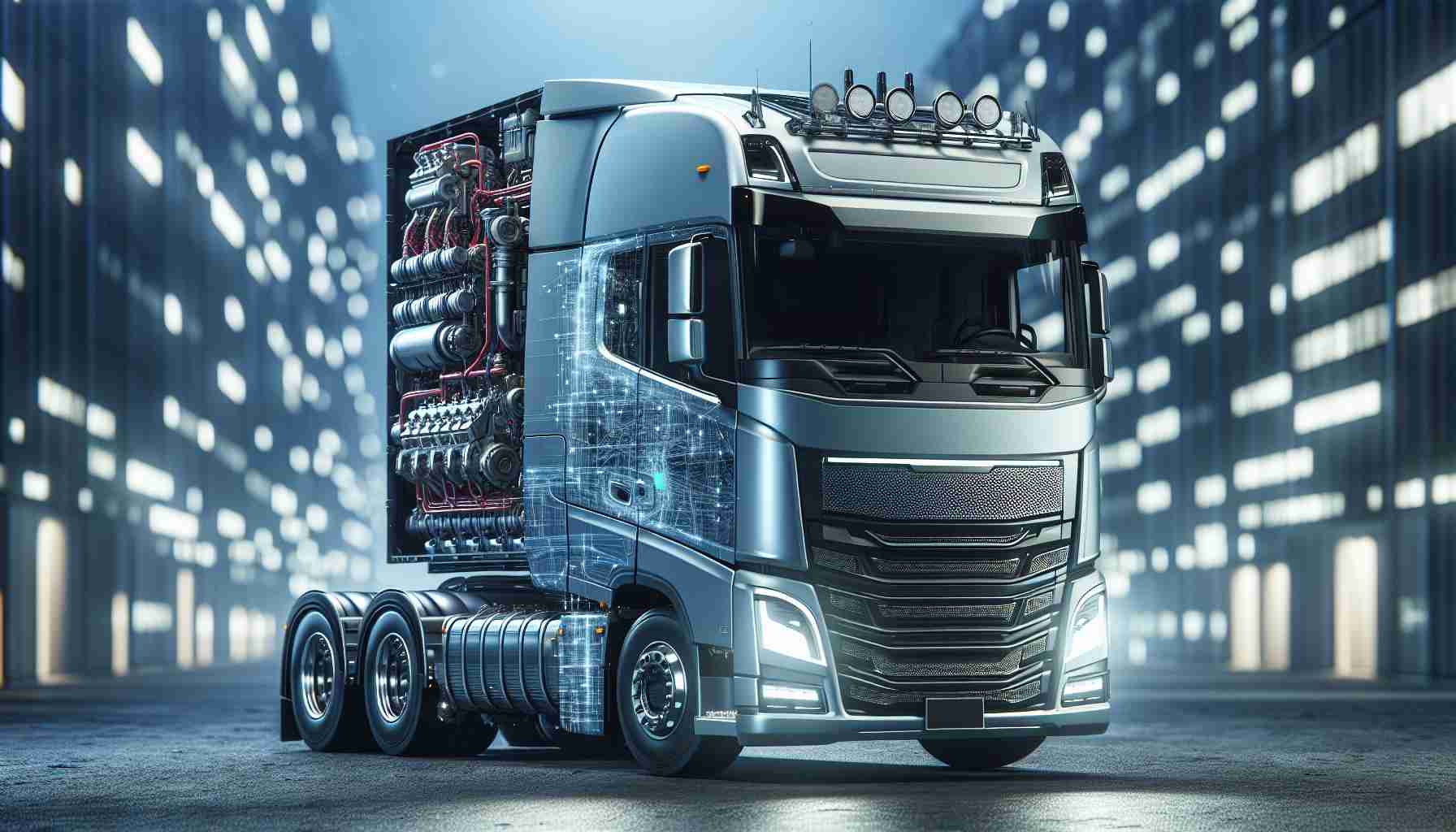
Scania is making significant advancements in the transportation sector, particularly in the tourist coach market. The company is implementing a robust strategy focused on liquefied natural gas (LNG) technology, while concurrently developing a new plug-in hybrid platform tailored for coaches. The year 2024 marks a notable achievement for Scania Italy as they step into the electric bus arena, beginning with Class II models.
During the recent IBE Intermobility & Bus Expo held in Rimini, the Director of Scania Italy’s Bus & Coaches division, outlined the company’s strategic initiatives for the upcoming years. One of the standout plans includes broadening the LNG portfolio to cover the entire range of tourist coaches, enhancing their commitment to eco-friendly solutions. This move to integrate LNG technology serves as an important transitional step for operators aiming to lower emissions while exploring cleaner alternatives.
In tandem with LNG, Scania is taking strides in the electric bus segment, focusing on versatile electric chassis that can be customized by various manufacturers. The showcase vehicle, developed in collaboration with the Spanish bodybuilder Castrosua, represents this innovative approach. Scania envisions adapting this electric platform for multiple bodybuilders, ensuring flexibility in its offerings.
Moreover, Scania’s future plans include a pioneering plug-in hybrid platform designed for coaches. This platform aims to facilitate electric-only operation for distances of up to 50-60 kilometers, presenting an efficient solution for urban travel and emissions management.
Scania’s Innovative Approach to Sustainable Transportation
Scania has emerged as a frontrunner in the quest for sustainable transportation solutions, not only focusing on providing innovative vehicles but also embedding sustainability deeply into its corporate strategy. The Swedish manufacturer of commercial vehicles, particularly buses and trucks, has embraced a variety of technologies aimed at reducing emissions and promoting eco-friendly practices.
What Are Scania’s Key Innovations in Sustainable Transportation?
Scania’s innovative approach includes a multifaceted strategy that embraces not only liquefied natural gas (LNG) and electric vehicles but also a clear commitment to hydrogen fuel cell technology. The company is currently advancing its research into hydrogen as a long-term green solution, which could significantly reduce greenhouse gas emissions, especially for long-haul transportation where battery electric systems face limitations.
How Is Scania Integrating Sustainability into Its Business Model?
Scania is integrating sustainability through a process called “sustainability by design,” which includes life-cycle assessments for its products. This approach ensures that environmental impacts are minimized from production through to end-of-life disposal. The company’s focus extends beyond their vehicles; they aim to reduce emissions in their manufacturing processes as well, setting ambitious targets for carbon neutrality by 2025.
What Are the Key Challenges and Controversies?
While Scania is making strides in sustainable transportation, there are challenges that accompany these innovations. One key challenge is the infrastructure needed to support an increased number of electric and LNG vehicles. Insufficient charging and refueling stations can deter operators from switching to these cleaner technologies.
There are also controversies surrounding the company’s reliance on LNG. Critics argue that natural gas is still a fossil fuel and that investments should rather focus entirely on fully renewable alternatives like electric and hydrogen technologies.
What Are the Advantages and Disadvantages of Scania’s Approach?
The advantages of Scania’s innovative approach to sustainable transportation are significant:
1. **Diverse Energy Solutions**: By investing in multiple technologies (LNG, electric, and hydrogen), Scania is creating a varied portfolio that can meet different market needs.
2. **Reduced Emissions**: The adoption of LNG and electric buses leads to a reduction in greenhouse gas emissions and air pollutants.
3. **Long-Term Vision**: Scania’s commitment to sustainability is aligned with global goals to combat climate change, potentially positioning the company favorably in a future focused on sustainability.
However, there are also disadvantages:
1. **High Initial Costs**: The transition to these advanced technologies often requires substantial upfront investments from both Scania and its customers.
2. **Market Readiness**: The market for electric and hydrogen-powered vehicles is still developing, and the immediate return on investment may not be clear to all operators.
3. **Potential Environmental Impact of LNG**: While it is a cleaner option compared to diesel, relies on fossil fuels, which brings about environmental concerns regarding methane emissions during extraction and transportation.
Conclusion
Scania’s innovative approach to sustainable transportation reflects a significant step forward in the automotive and transport industries. By diversifying its investment across LNG, electric, and hydrogen technologies, the company is addressing various transportation needs while aiming to reduce its carbon footprint. However, challenges concerning infrastructure, market acceptance, and criticisms of continued reliance on fossil fuels remain pivotal discussions as the world moves toward a more sustainable future.
For more information on Scania’s commitment to renewable energy and sustainable transportation initiatives, visit Scania’s official site.